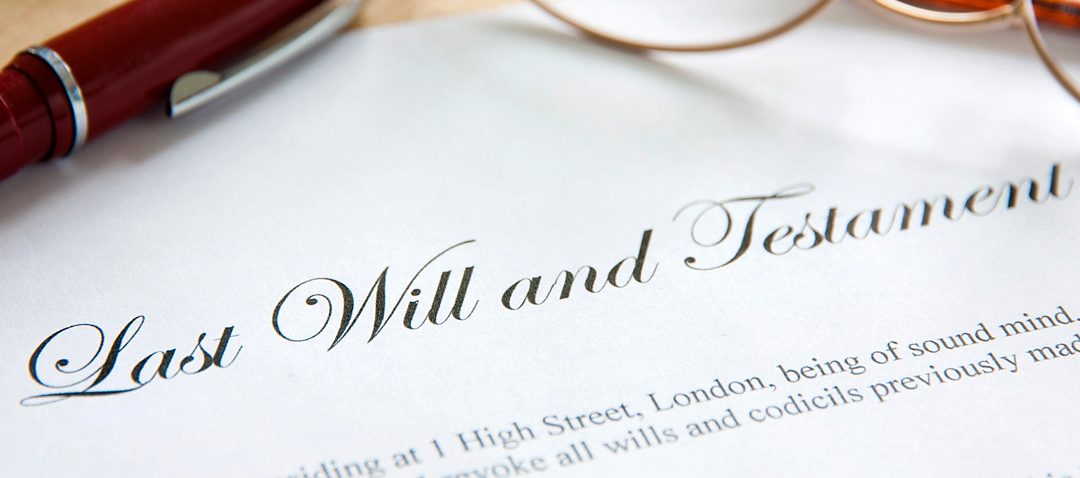Leave a Lasting Legacy
Estate planning is a critical process that ensures your assets are distributed according to your wishes and provides a clear roadmap for your loved ones during a challenging time. Without an estate plan, the government may decide how your assets are distributed, which may not align with your desires. In addition, estate planning can help reduce taxes, avoid costly probate, and ensure that your family is taken care of. Here’s how to start building a comprehensive estate plan:
Estate Planning Essentials
Wills and Trusts
A will is a foundational estate planning tool that outlines how your assets will be distributed upon your passing. However, a will does not avoid probate, the legal process through which assets are distributed after death. A trust, on the other hand, can help avoid probate and reduce estate taxes. One popular option is a revocable living trust, which allows you to retain control over your assets during your lifetime, and it can be amended or revoked as your situation changes. Trusts provide privacy and can also safeguard your assets if you’re incapacitated.
Power of Attorney
Designating a trusted individual as your power of attorney (POA) allows them to make financial or legal decisions on your behalf should you become unable to do so. There are different types of POAs, including a general POA for broad decision-making authority and a durable POA for decisions in the event of incapacitation. It’s important to carefully select someone who is responsible and understands your financial and legal preferences.
Healthcare Directives
Healthcare directives are an essential component of your estate plan. A living will specifies your medical preferences, such as life support, if you’re unable to communicate due to illness or injury. A healthcare proxy, on the other hand, designates someone to make medical decisions for you if you’re incapacitated and unable to advocate for yourself. Both documents ensure that your wishes are respected, even if you’re unable to communicate them at the time.
Advanced Planning
Charitable Giving
Incorporating charitable giving into your estate plan can not only benefit causes you care about but can also provide tax benefits. You can make donations during your lifetime or designate funds to be given after your passing. Charitable trusts or foundations can allow you to maintain control over your contributions and reduce estate taxes while leaving a lasting legacy.
Gifting Strategies
Gift-giving during your lifetime can be an effective way to reduce your taxable estate. By gifting assets, such as cash, property, or investments, to family members or charities, you can potentially minimize estate taxes and help your loved ones benefit from your generosity while you’re still here to see it. Consider the annual gift exclusion, which allows you to give up to a certain amount per person each year without incurring taxes.
Protect Your Legacy
Starting your estate plan today ensures that your wishes will be honored and that your legacy is protected. Don’t wait until it’s too late. Schedule a consultation with an estate planning professional to explore the best options for you and your family.













